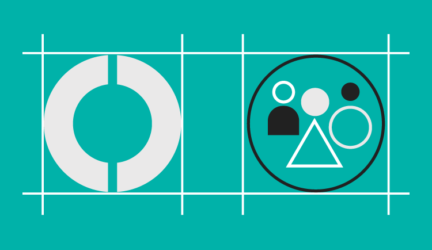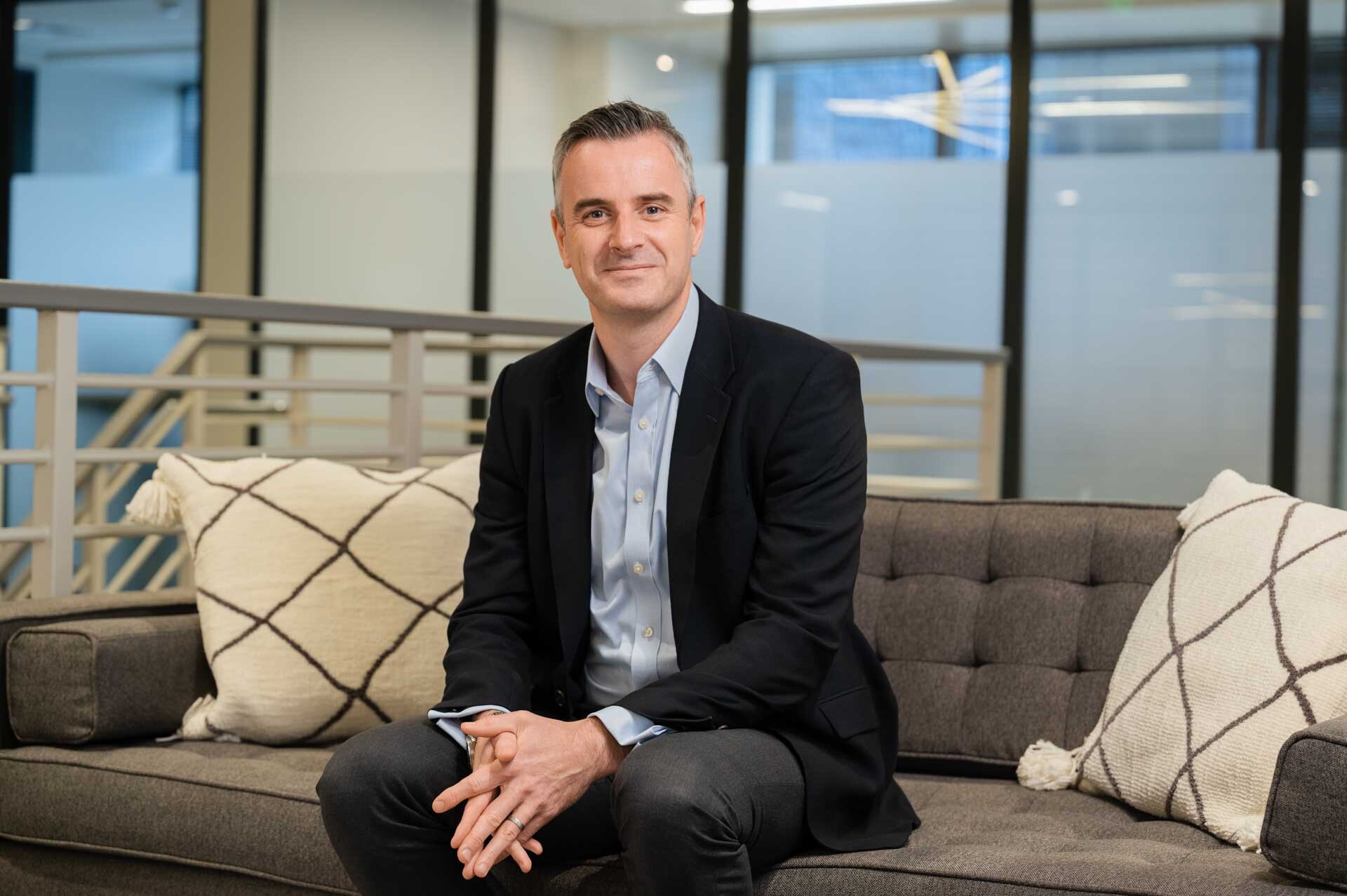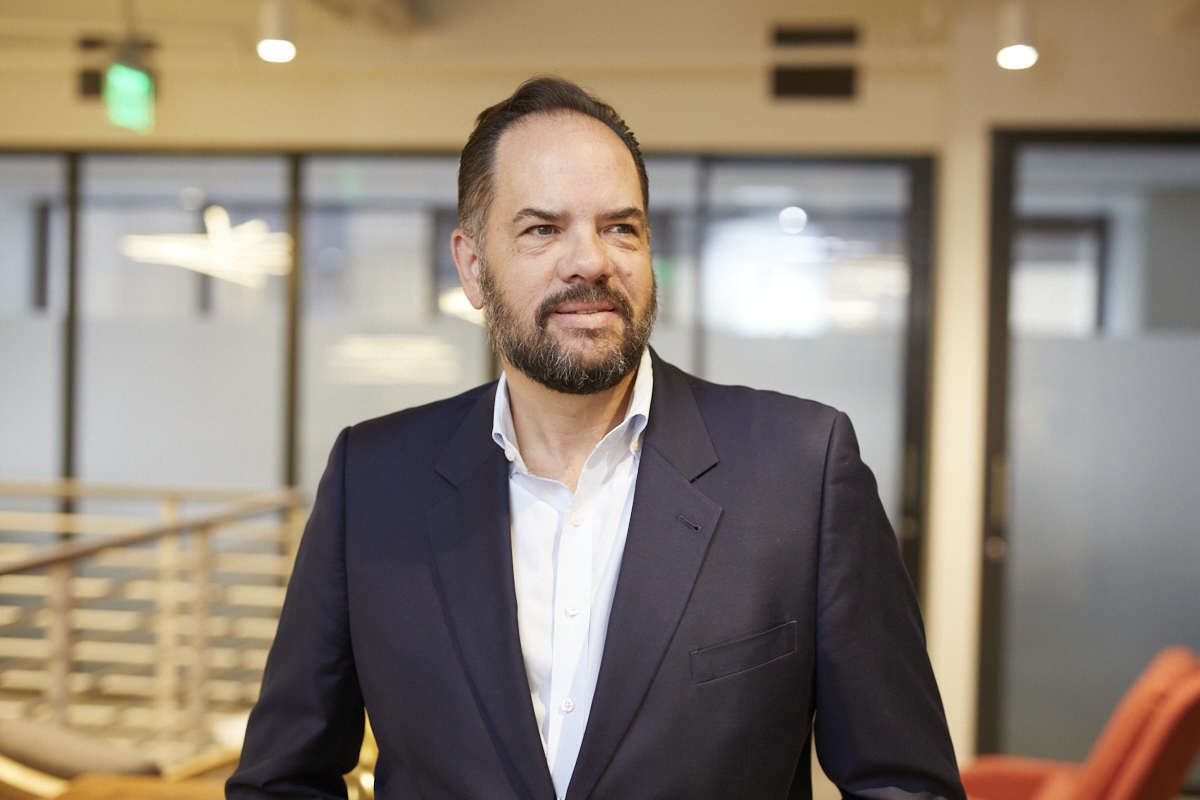Insurance 101 with Branch Insurance Co-Founder & CEO Steve Lekas

PURE Staff
September 9, 2022
Talking technology-driven insurance with Steve Lekas, Co-Founder & CEO of Branch Insurance
Insurance experts Aaron Abrahms, of Jasper Ridge Partners and the Columbia University School of Wealth Management, and Ross Buchmueller, CEO of PURE Insurance, host Insurance 101 on SiriusXM’s Business Radio.
In each episode of the special limited-engagement series that aired in the spring of 2022, Abrahms and Buchmueller led discussions with some of the most accomplished names and CEOs in the industry. This is our recap of their episode with Steve Lekas, Co-Founder and CEO of Branch Insurance.
About Branch Insurance
Branch is a technology-driven, reciprocal insurance company that is designed to make the insurance experience more efficient. One of the company’s key differentiators is its simplified and expeditious insurance application: simply input your name and address and receive a quote within minutes.
Steve Lekas started working for an insurance company in college, taking First Notice of Loss calls. He then went on to gain experience in claims adjusting, underwriting, product development and product management before he was tasked with building the first online home insurance business. The culmination of his early experience with insurance has shaped how he thinks about being good to Branch members today.
Branch is not only a reciprocal; it is also a public benefits corporation insurance company. They use technology to make it possible to purchase insurance instantly, allowing them to focus on improving other important outcomes and meeting high standards of social and environmental impact.
In this unique model, Branch seeks to reintroduce some of the oldest concepts of insurance, like thinking of insurance as a communal product where many individuals pool small risks so that an unfortunate few can take a big chunk if needed.
The Q&A
RB: So, in some respect, you're leaning on the traditions of the insurance industry but trying to be a little disruptive… or maybe a little bit more than a little disruptive.
SL: Insurance was always meant to be incredibly efficient. We think of our business on a ratio basis—how much of a premium dollar pays a claim. In home and car insurance, it tends to be roughly 50%, but the product is very similar to how it was 70 years ago. You’ve got 300 different companies that would like to sell you essentially the same product—how have we gotten nowhere near efficient at this point? So, when we think about good, we leverage technology to increase that ratio so more of your dollar is efficiently spent on protecting the community.
AA: Everything takes forever in insurance, and you’re offering policies in one minute. How does that work?
SL: We define equality in insurance today by ensuring that the people that will have more claims pay more money into the communal pool. We’ve been testing more and more data as a predictor of future losses, and then every time we find something that’s predictive, we add it to the application and now force a customer to have to answer 150 questions to find out what their fair share of the risk pool is. The fact is that a lot of this data is available in someone’s datasets. So, what we’ve been able to do is structure a data acquisition process that creates real convenience for the consumer.
RB: Walk us through the journey of “I’ve got an idea" to "now I’ve got a real business" to "now I want to turn it into a real impactful business.”
SL: We have a few principles we live by. One of them is that we don’t build anything to scale; we build everything for the current known need. So, iterate like crazy—and with a contemporary technological stack, you can do this. So, you fail fast and you then build the next thing and by tomorrow, you’re totally embarrassed by what you put out into the world yesterday. And that’s a very different way of thinking and living than when I was at really big companies.
RB: Simplicity is really important to your company. Help us understand that a little bit more.
SL: We think about the business of insurance as one of the most complex businesses on the planet. It’s a business where you predict the future as the job. It’s a wonderfully complex business. Simplicity is really hard and important, and the way we think about it is we try to bring all the complexity onto our side of the wall and make it very simple for you to experience. It means that for us to get your back with the expertise we have, we have to shoulder that burden of eating all the complexity. So, all you see is this beautiful experience.
AA: Are your customers contesting any of the information that you present back to them as part of the application?
SL: We expose data to the customer and they can change everything that we show them. We collect a lot of behavioral information. One of my favorites is, we invented a discount where we allow our members to say “I’m not going to defraud the company.” Since the dawn of time, fraud is one of the things the whole community pays for. So, we’ll let our members say “I’m not going to defraud the company” and with that statement, we call it the community pledge, they can expose that pledge to other members that they’re friends with. And, for every one of their friends that vouches for them, their price goes down.





